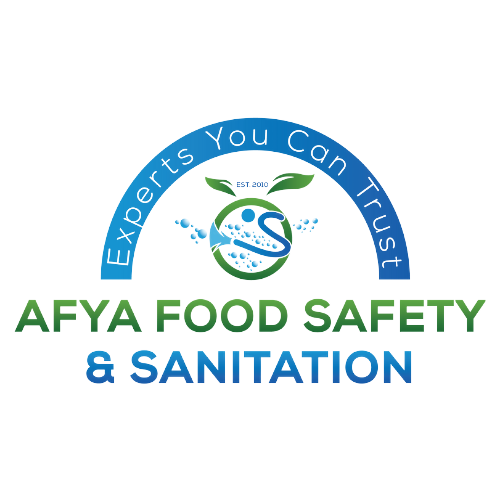
Please Wait For Loading

Please Wait For Loading
Maryland, MD USA
+1 (443) 666-9132
info@afyafoodsafety.com
Opening Hours: 9:00 AM - 5:00 PM
Copyright ©Afya Food Safety all rights reserved.
You can also reach us via Phone: +1 443 666 9132 or via Email:info@afyafoodsafety.com
4 Emerging Pest Control Technologies
The search for effective pest control solutions has led to the emergence of groundbreaking technologies poised to revolutionize this in the food processing industry. Innovative sensors, novel trapping systems, and biological controls are inventions that offer unprecedented capabilities in detecting, monitoring, and mitigating pest risks. In this blog, we delve into the transformative potential of emerging technologies in pest control for the food processing industry, shedding light on their applications, benefits, and implications for stakeholders.
Harnessing the Power of Innovation in Pest Control
As the global demand for safe, high-quality food rises, food processing facilities face escalating challenges in safeguarding product integrity and regulatory compliance. Traditional pest management approaches, while effective to some extent, often fall short in addressing evolving pest threats and industry demands.
Innovative Pest Control Technologies: A Deep Dive
Advanced sensors and wireless technology enable real-time monitoring of environmental conditions, pest activity, and population trends within food processing facilities. These remote monitoring systems provide invaluable insights into pest behavior, allowing for proactive intervention and optimization of pest management strategies.
Next-generation trapping systems leverage sophisticated sensors, attractants, and trap designs to enhance pest detection and capture rates. Automated traps equipped with cameras and communication capabilities provide real-time alerts and insights, enabling rapid response and decision-making.
Advancements in biotechnology have led to the development of novel biological controls and biopesticides targeting specific pest species while minimizing environmental impact. These natural alternatives harness the power of beneficial organisms, microbial agents, and plant-based compounds to suppress pest populations effectively.
Robotic systems with sensors and actuators can precisely and effectively detect and treat insect hotspots while navigating intricate surroundings. By completing jobs like sanitization, disinfection, and targeted pesticide application, autonomous drones, crawlers, and robotic arms lessen the need for manual work and the risks that humans face.
Advantages and Implications of Pest Control Innovations
The adoption of innovative pest control technologies offers a myriad of benefits for the food processing industry:
However, the integration of emerging technologies also raises considerations and challenges:
Embracing Innovation for Sustainable Pest Control
As the food processing industry embraces the era of digital transformation, the integration of innovative pest control technologies offers unparalleled opportunities to address persistent challenges and drive sustainable growth. By harnessing the power of remote monitoring, robotics, and biological controls, many stakeholders can revolutionize pest management practices, ensuring the safety, quality, and integrity of food products for consumers worldwide.
The journey towards sustainable pest management requires a collaborative approach, fostering partnerships between industry, academia, government, and technology providers. When stakeholders embrace these innovations, it paves the way to a future where pest control is not only necessary, but also a strategic advantage in the quest for excellence in food processing.
Related Posts
Categories
Antibiotic Resistance: A Growing Threat to Food Safety
April 17, 2025Understanding Cross-Contamination: A Major Food Safety Risk
March 31, 2025Calender